.jpg)
Your mind is the canvas. And you hold the brush to paint the masterpiece. Mental wellness is the foundational structure that underpins a fulfilling life. As the Buddha once said: “What you think, you become. What you feel, you attract. What you imagine, you create.” For us, mental health and work are intertwined. Mental health is more than the absence of ailments that afflict a mind. Instead, mental health is a state of mental wellbeing that enables people to cope with life's stresses, realize their abilities, learn well and work well, and contribute to their communities. Like all people, working people deserve an inherent right to the highest attainable standard of mental health at work, regardless of their type of employment. And most importantly, live, love, and celebrate life to its full potential.
In a post-pandemic world where digital interfaces have dwarfed in-person interactions, mental health has snowballed into a bigger challenge. Thankfully, people have realised its repercussions on work-life harmony and are keener than ever to get over the stigma and trauma. Mental health counts more than physical well-being and goes beyond linear healing. Mental health is akin to a garden that needs to be nurtured and tended to in order to thrive. With regular care and attention, it can blossom into a beautiful and healthy garden, but if not nurtured it can wither and decay.
Poor mental health and how it can impede an organization’s growth
Cause
The cause is multi-faceted and contributes to poor mental health at work. Poor working environments – including discrimination and inequality, excessive workloads, low job control, and job insecurity – pose a risk to mental health. Burnout can impact turnover and engagement. It involves ongoing emotional exhaustion, psychological distance or negativity, and feelings of inefficacy—all adding up to a state where the job-related stressors are not effectively managed by regular rest in work breaks, weekends, and time off (World Health Organization, 2019). For example, burnout can happen when employees feel overworked and unable to cope with their workload, resulting in them feeling overwhelmed and unable to complete their tasks. The spiral of a ripple effect of mental health at work is threatening as employees struggle to balance personal and work demands and growing financial pressures.
Impact
- 1 in 6 people experience mental health problems in the workplace (Mental Health Foundation)
- Globally, an estimated 12 billion working days are lost yearly to depression and anxiety at US$ 1 trillion per year in lost productivity. (WHO)
- Around 50% of long-term sick leave is due to stress, depression, anxiety (WHO)
- Only 13% of staff feel comfortable discussing mental health in the workplace – Mental Health First Aid England (MHFA)
- A 2022 survey of 15,000 workers across 15 countries by McKinsey Health found that a quarter of employees experienced burnout symptoms.
- Research by Deloitte in 2023 found that 77% of workers have experienced burnout at their current jobs, and the top driver of burnout is a lack of support and recognition from leadership.
- The link between burnout and poor health is well-established, with findings from numerous reports collated by the APA (American Psychological Association) showing that employees who experience true workplace burnout have a 57% increased risk of workplace absence, a 180% increased risk of developing depressive disorders, an 84% increased risk of Type 2 diabetes, and a 40% increased risk of hypertension.
Best Practices That Ensure Good Mental Health at Work
Employers are responsible for upholding that right by providing work that prevents workers from experiencing excessive stress and mental health risks, protects and promotes workers' mental health and wellbeing, and supports people to fully and effectively participate in the workforce, free from stigma, discrimination, or abuse.
The World Health Organization (WHO) provides evidence-based global public health guidance on organizational interventions for promoting positive mental health in the workplace.
Promoting mental health at your workplace
To improve mental health in the workplace, it is important for the senior leadership to openly discuss and prioritize their own mental well-being. This creates a safe space and encourages employees to do the same. Mental health literacy and awareness can also be enhanced to improve knowledge and reduce the stigma around mental health in the workplace. Policies should be developed while considering different socio-economic contexts, and comprehensive anti-discrimination policies should be implemented. Providing a variety of benefits, such as affordable health insurance, retirement plans, and programs specifically dedicated to supporting mental health and financial fitness, can help reduce employee stress. Additionally, offering opportunities for enjoyment and enrichment, such as physical and mental health improvement programs or personalized appreciation, can contribute to a positive workplace culture. To create a healthy environment, options like healthy eating in the canteen, yoga and meditation spaces, and access to a mind coach or counsellor can be implemented. Just as companies invest in smoking rooms and coffee machines, investing in healthy options should be a priority.
Embracing and prioritizing mental wellness – the CSM way
Fortunately for employers and employees, a healthier work environment is closely connected to the success of a company or organization. When employees know their wellbeing is supported, they're more productive and mentally and physically healthier.
CSM Tech’s has consistently endeavoured to ensure mental health and wellness in the workplace through different initiatives. It conducts regular yoga and meditation sessions guided by experts from the Art of Living foundation. A series of stress management sessions by professional mind coaches and clinical psychologists is a regular affair to create awareness about mental health for both in and out-stationed employees through offline and online sessions. An estimated 1000 working hours yearly has been dedicated for the mental wellness programmes in CSM. POSH (Prevention of Sexual Harassment) sessions are conducted, and a POSH committee has been formed to empower employees to fight workplace sexual harassment and create a clean and safe working environment. CSM also provides financial fitness support through affordable health insurance for its employees and offers hassle-free salary advances within a day. The grievance mechanism is up and running, addressing employee issues confidentially. Flexi timings and hybrid working modes are facilitated for the convenience of women and those in need of it. Star Light Awards, a monthly employee performance recognition, is conducted to encourage and reinforce their dedication and contribution to the company. The company promotes an open culture and transparent communication among the top leadership and folks at all levels, which creates a healthy and positive work culture based on teamwork, reinforcement, and trust as its foundation.
CSM Tech's CHRO, Lagna Panda, strongly believes in promoting mental health in the workplace and shares, "When we foster an environment that supports and nurtures mental wellness, we unlock the full potential of our employees, enabling them to innovate, collaborate, and thrive. Remember, a healthy mind is the bedrock upon which innovation and excellence are built."
It's a worthwhile investment for an employer to address how a work environment can impact an employee's health. Taking meaningful action to protect employees' mental health is also a way to show your employees that you care about them as individuals.
Healthier and happier employees create a more vibrant and supportive workplace! It's like investing in a life insurance policy - it's not something you do for an instant reward, but rather a long-term benefit that pays dividends for years to come.














.jpg)

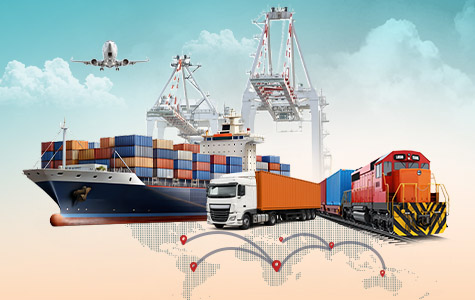





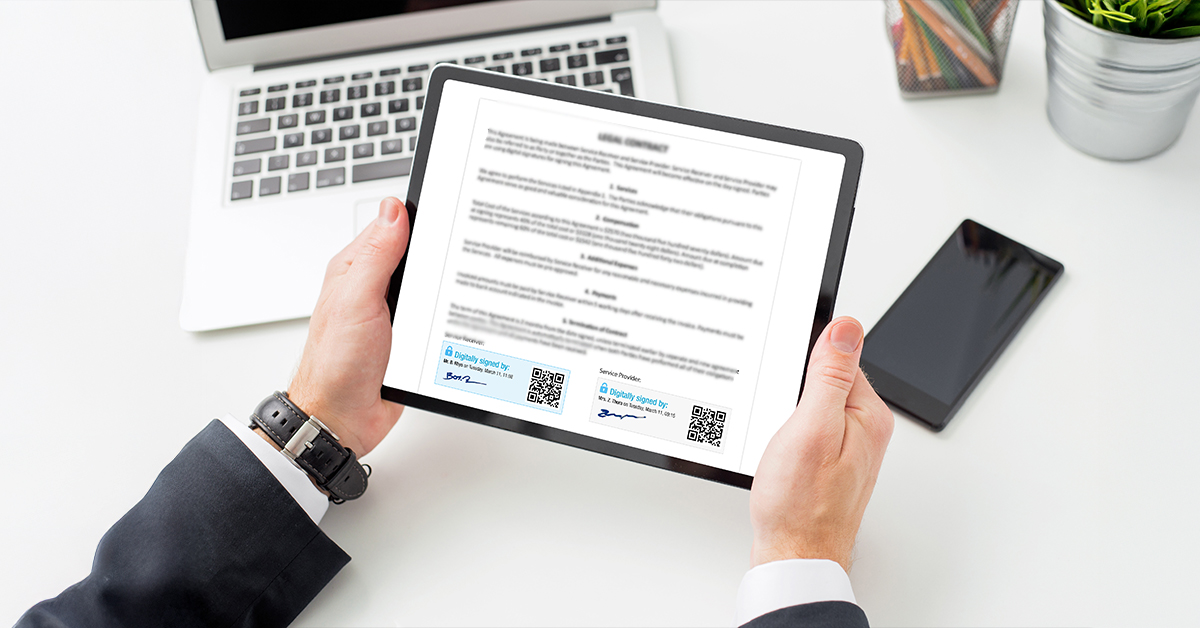




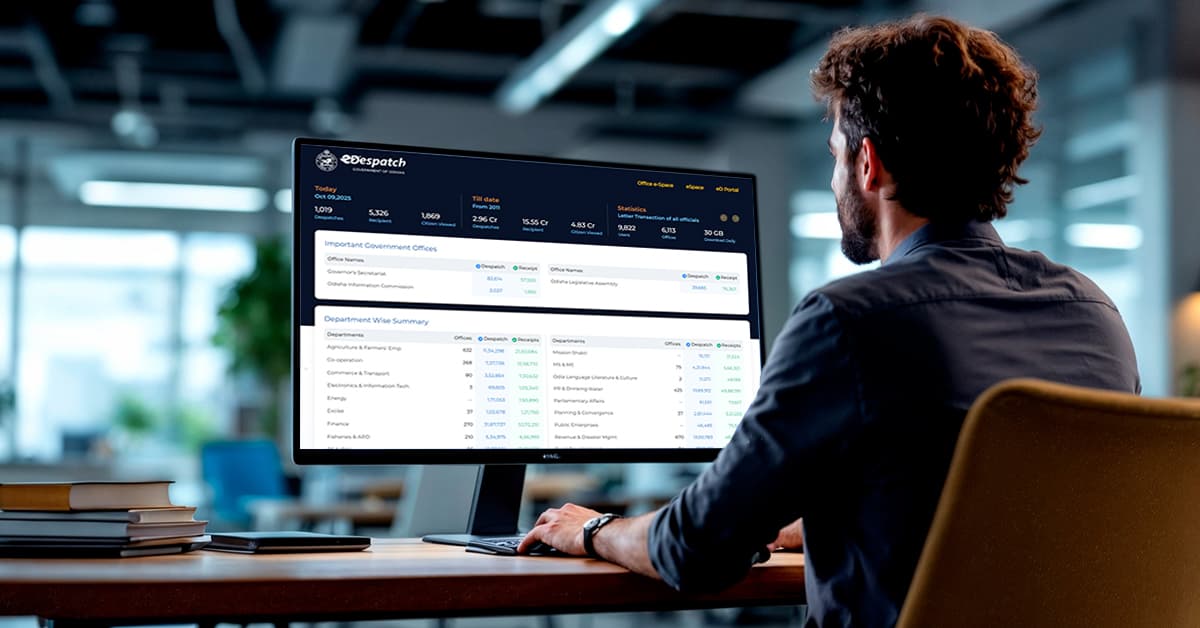

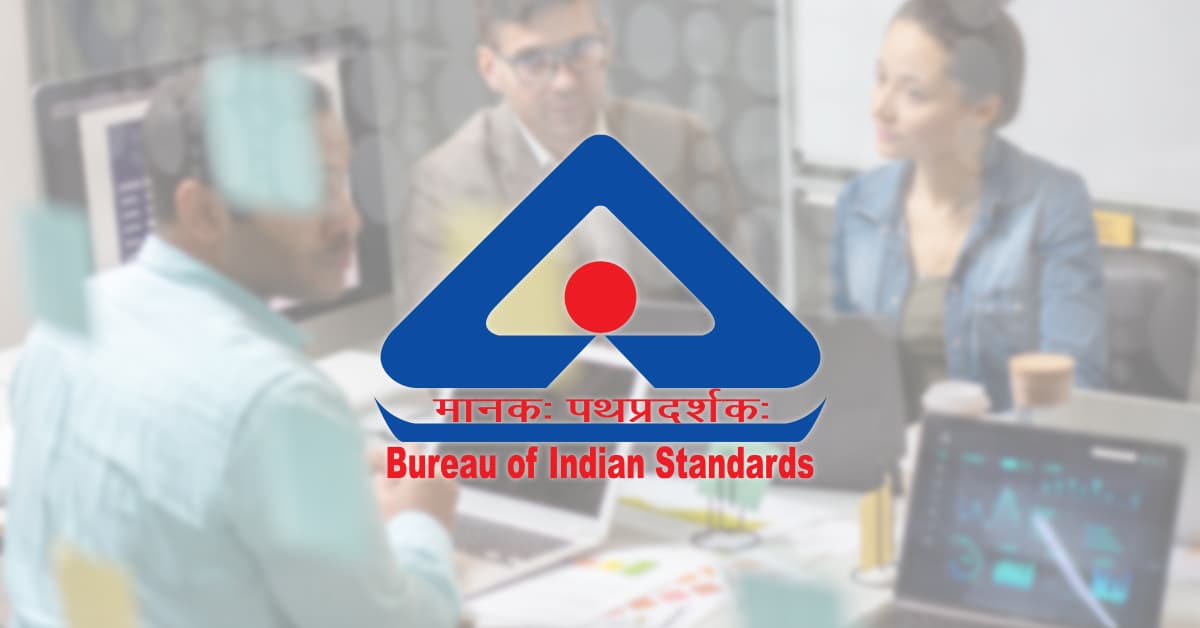

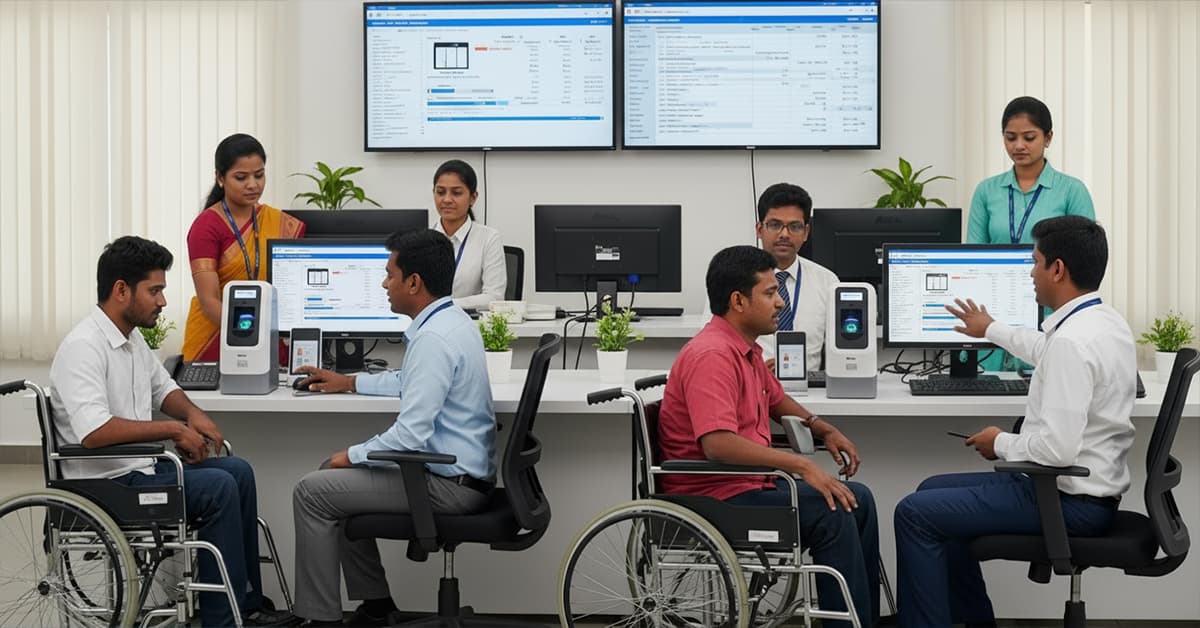






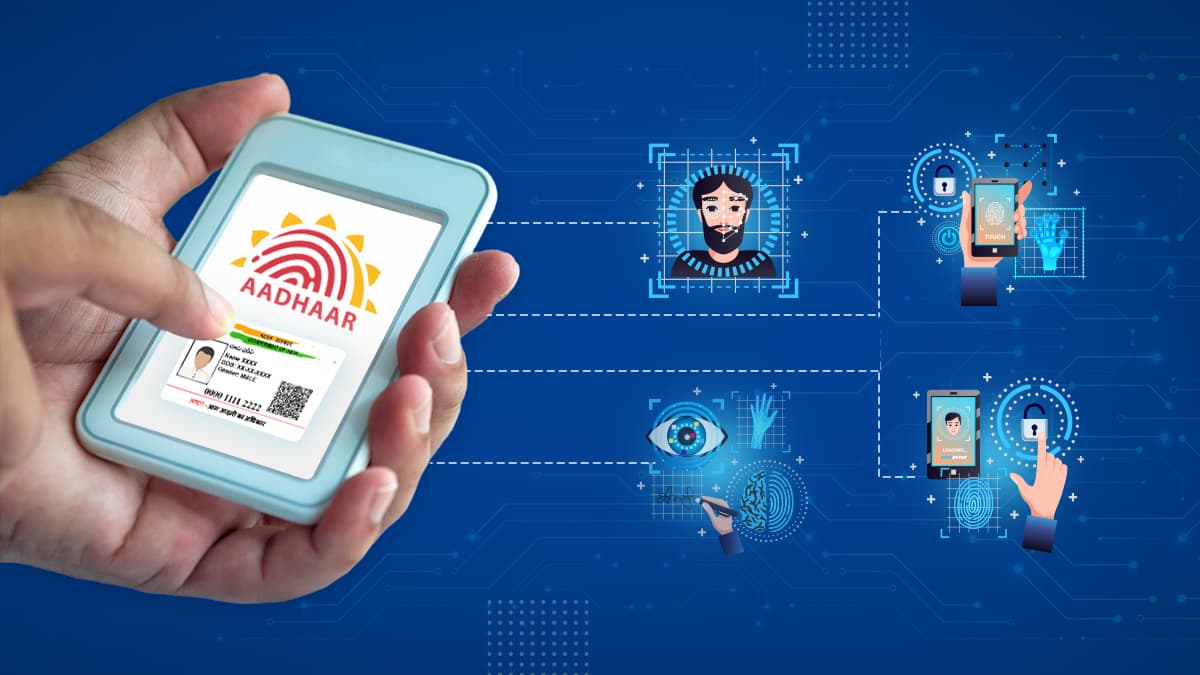




We will verify and publish your comment soon.